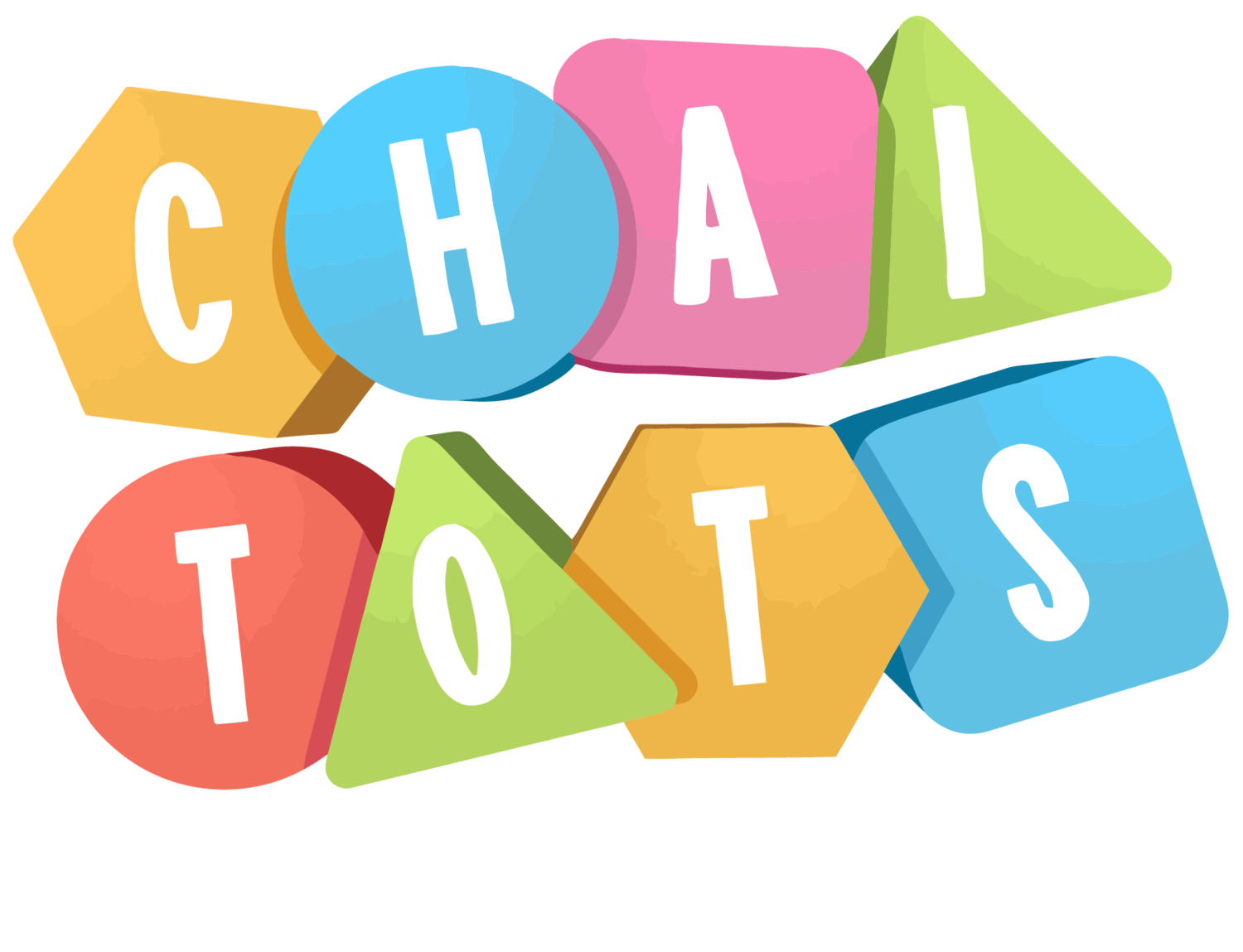Dear Toddler Families,
Hope everyone enjoyed all the Purim celebrations!! Now that Purim is behind us we are already looking forward to the next Holiday Passover.
In our classroom, we are deeply committed to fostering an environment that encourages independence, concentration, and development of the whole child. One aspect of this environment that might not always get the spotlight, but plays a crucial role in a child’s growth, is heavy work.
What is Heavy Work?
Heavy work refers to activities that involve pushing, pulling, lifting, carrying, or other physical tasks that require strength and effort. These activities might seem simple at first glance, but they offer incredible benefits for children’s physical, emotional, and cognitive development.
Heavy work aligns with Dr. Maria Montessori’s belief in the importance of physical activity as part of the child’s overall education. By engaging in these tasks, children not only strengthen their muscles but also build vital sensory and motor skills that are essential for their growth.
The Benefits of Heavy Work
Sensory Integration
Heavy work activities stimulate the proprioceptive system, which helps children understand where their body is in space and how it moves. This contributes to better body awareness and spatial orientation.Regulation of Energy
Heavy work can be particularly helpful in supporting children who may have difficulty focusing. These activities help release excess energy, allowing children to calm down and focus more effectively on other tasks.Strengthening Motor Skills
Lifting, pushing, and carrying activities help develop both fine and gross motor skills. Over time, this improves coordination, balance, and body control, which are essential for many activities, including writing and playing.Emotional Regulation
Completing heavy work tasks often requires determination and focus, which can lead to a sense of accomplishment. It also helps children learn how to self-regulate, providing them with emotional resilience.Promoting Independence
When children engage in heavy work, they develop confidence in their abilities. These tasks often have a clear beginning and end, offering children a sense of accomplishment as they complete them independently.
Exampes of Heavy Work in our Environment:
Carrying trays and buckets: Moving items from one place to another, whether it's carrying water or other objects, offers a perfect opportunity for heavy work.
Sweeping and mopping: Using a broom, mop, or dustpan involves pushing and pulling, which provides sensory input.
Gardening: Digging, planting, and carrying soil or small gardening tools are great physical tasks for children.
Building and organizing: Arranging furniture, stacking blocks, or moving classroom materials all contribute to the child’s sense of effort and achievement.
Stacking and unstacking: Tasks like stacking chairs, books, or containers are effective for muscle strengthening.
Pushing the tunnels on the playground: Our children love to roll and push the giant tunnels out on the playground, the added bonus is the ride that the friends on the INSIDE get to have!
Climbing: The pulling and pushing that children have to do when climbing playground equipment or on to trees and rocks provide great heavy work experiences.
In our classroom, we believe in offering children freedom of choice, allowing them to engage in these tasks naturally. Whether it’s sweeping the floor or helping set up for lunch, the act of performing purposeful physical work is deeply integrated into our daily activities. Encouraging children to help with classroom chores or take part in more challenging tasks can offer both physical and emotional benefits.
Heavy work is more than just physical labor—it’s a vital part of a Montessori education that supports children’s sensory development, motor coordination, emotional regulation, and sense of independence. By providing opportunities for these activities, we’re helping children develop not just their bodies, but also their confidence and self-awareness.
Thank you for continuing to support the children in their journey of discovery and growth.
Warm Regards,
Morahs K, Megan, and Sarah


